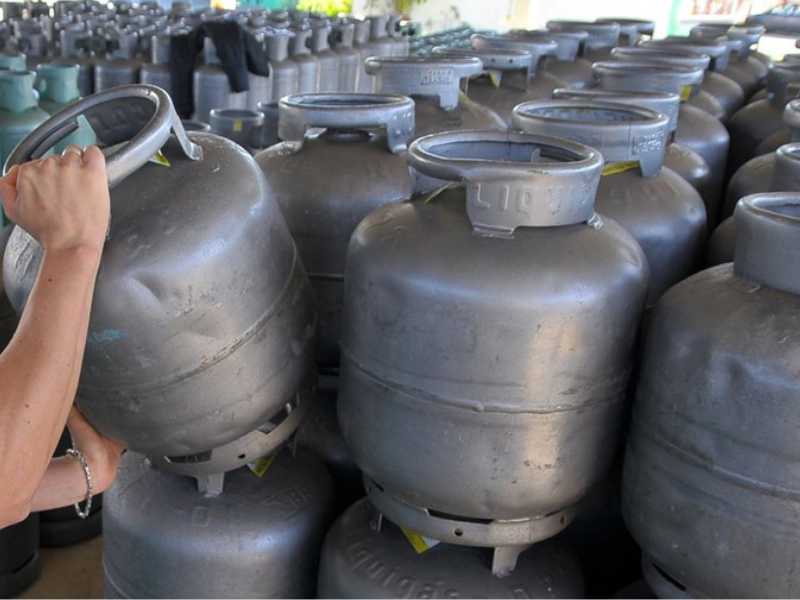Advertisements
The Severance Pay Guarantee Fund (FGTS) is one of the pillars of the Brazilian labor system, but recent discussions suggest significant changes that could affect workers. One of the main issues under debate is the future of the anniversary withdrawal.
This option allows workers to advance up to 50% of their FGTS balance annually, in the month of their birthday. Although this option seems advantageous, it has important limitations, such as the impossibility of withdrawing the full amount in other ways, including emergency situations such as dismissals.
See also: Organize your finances for 2024 with these 3 steps
Advertisements
Limitations on withdrawals have drawn criticism
These limitations have drawn criticism and raised concerns about the long-term financial impact for workers who opt for the anniversary withdrawal. In response, the GFederal Government is considering new proposals to reformulate this modality.
The goal is to find a balance that allows early withdrawals without compromising access to the full amount and the 40% fine in cases of unfair dismissal. So far, discussions are ongoing, and a final decision is still pending.
Advertisements
Possible changes to the FGTS
The proposed changes aim to protect workers from potential financial disadvantages. One idea under consideration is to allow anniversary withdrawals without affecting the possibility of withdrawing the full amount of the FGTS in other situations.
This would ensure that workers are not left helpless in times of emergency. In addition, the proposal seeks to preserve the right to a 40% fine in unfair dismissals, even for those who opt for the anniversary withdrawal.
Impact on workers
These changes, if implemented, could provide greater flexibility and financial security for workers. However, it is crucial that workers closely monitor these discussions and fully understand the implications of the proposed changes on their personal finances.
The decision to opt for the anniversary withdrawal should be made based on a careful analysis of individual financial needs and the potential long-term impact.
Image: Agência Brasil
























